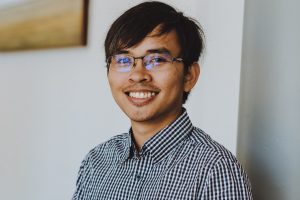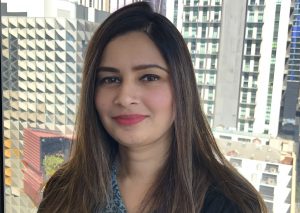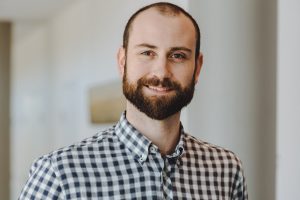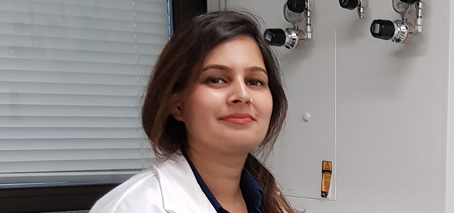 Three FLEET researchers have been chosen to represent Australia at the annual Lindau Nobel Laureate Meeting this year.
Three FLEET researchers have been chosen to represent Australia at the annual Lindau Nobel Laureate Meeting this year.
The three FLEET researchers will among ten early-career Australian scientists attending the 69th Meeting of Nobel Laureates in Lindau, Germany, 30 June – 5 July 2019.
The 69th Lindau Nobel Laureate Meeting will be dedicated to physics. To date, 42 Nobel Laureates have confirmed their participation, including 2018 Physics Laureate Donna Strickland, 2016 topological Laureates Haldane and Kosterlitz, 2001 BEC Laureate Wolfgang Ketterle.
These Laureates will meet 580 young scientists from 88 countries for an inspiring and motivating dialogue.
FLEET’s three representatives in the Australian delegation are:
- Eliezer (Eli) Estrecho ANU
- Hareem Khan RMIT
- Matthew (Matt) Reeves UQ
The Australian representatives will also visit German laboratories and companies following the meeting.
This is a great opportunity for these up-and-coming scientists, and will instill great confidence for their future career. (Read interviews with past attendees.)
In May, all ten Australian representatives will be at Science at the Shine Dome, an annual celebration of science at the Academy of Science (Canberra).
Travel for the Australian reps is funded by the Science and Industry Endowment Fund (SIEF).
Meet FLEET’s Team Lindau

“Attending this meeting will immensely boost my confidence as a scientist and educator through interactions with Nobel Laureates whose works inspired me to study physics.” –Eli Estrecho (ANU)
Eli Estrecho (ANU) studies Bose-Einstein condensates (BECs) of exciton-polaritons (which are light-matter hybrid particles), seeking room-temperature operation that would be useful in future low-energy electronics. “I consider myself lucky to be closely collaborating with both experimentalists and theorists in diverse fields including condensed matter physics, optics, electronics, and materials engineering, across different research institutions,” says Eli.

“I hope to gain an understanding of issues the Nobel Laureates have faced during their experiences. Meeting these pioneers in science will also provide immense inspiration, motivation and aspiration.” –Hareem Khan (RMIT)
Hareem Khan (RMIT) synthesises atomically-thin materials and studies their electronic properties (eg, piezoelectric tendencies), working toward potential applications such as include nano-size sensors, piezotronics, nano-generators and energy-harvesting devices. “2D materials show potential to resolve major global problems such as air pollution and lack of energy resources, which I have seen in developing countries such as Pakistan and Zimbabwe, where I spent a large part of my early life,” says Hareem.

“I enjoy hearing about what others are studying; realizing that someone from a different field has the same problem as you, and that you might be able to help each other, is one of the best parts of science.” –Matt Reeves (UQ)
Matt Reeves (UQ) studies turbulence and vortex dynamics in superfluid systems. “Turbulence remains one of the most important unsolved problems in physics. Although it is unlikely to be solved any time soon, I believe that it is a problem worth working on due to its ubiquity across science and engineering. And I also enjoy that my subject forces me to develop unique perspectives and approaches,” says Matt.
More information
- Australian Academy of Science release
- Gero von der Stein Head of Communications, Lindau Nobel Laureate Meetings
- Twitter @lindaunobel #LINO19 #LindauAussies
- Information about the Lindau Meeting Lindau-nobel.org


